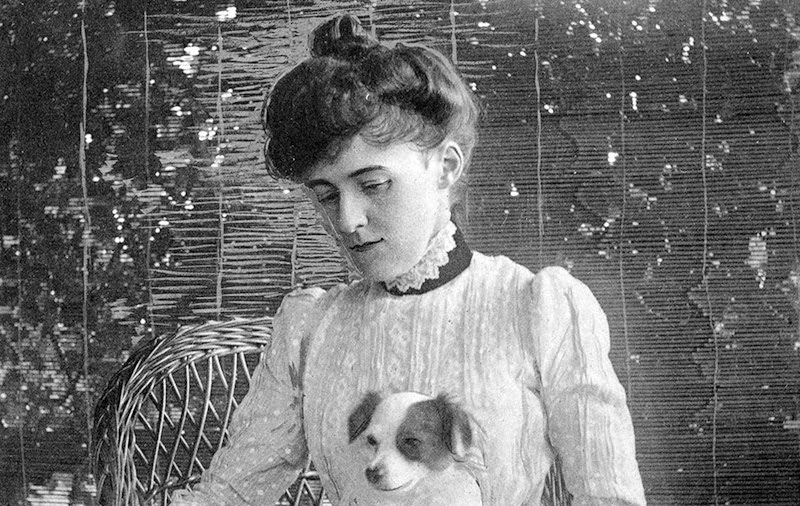Edith Wharton’s groundbreaking Pulitzer was originally meant for Sinclair Lewis.
This week we’re celebrating the 160th birthday of Edith Wharton—novelist, short story writer, and the first woman to win a Pulitzer prize. But as it turns out, the 1921 Pulitzer Prize in Fiction wasn’t initially meant to go to Wharton—the jury wanted to give the honor to Sinclair Lewis, but they were overruled by the Pulitzer board.
In The New Republic that year, Robert Morse Lovett—a juror for the prize—revealed that despite Wharton being “one of our best artists in prose,” the jury had tried to choose Main Street by Sinclair Lewis for the Pulitzer. Yet here was the problem: the Pulitzer Prize for a novel was originally meant to be awarded to “the American novel published during the year which shall best present the wholesome atmosphere of American life, and the highest standard of American manners and manhood.” Main Street’s satire of small-town life was too biting to be “wholesome”; it sent up the conformity of American life, rather than ascribing it value. So the Pulitzer board—likely led by Nicholas Murray Butler, president of Columbia University—chose to award the prize instead to Wharton’s The Age of Innocence, a social story set in 1870s upper-class New York City.
Perhaps The Age of Innocence was more “wholesome” than Main Street. In her autobiography, Wharton wrote that The Age of Innocence came from the loss she felt after WWI, as well as the death of her friend Henry James. Wrote Wharton, “Meanwhile I found a momentary escape in going back to my childhood memories of a long-vanished America . . . It was growing more and more evident that the world I had grown up in and been formed by had been destroyed in 1914.” But Wharton doesn’t let her characters, or the machinations of New York City high society, off the hook. When she learned she had received the Pulitzer—and thus The Age of Innocence had been categorized as “wholesome”—she mused that the committee must have misread her work.
When Lewis learned of his snubbing by the Pulitzer board, he was furious. Nevertheless, he was a big Wharton fan, so he wrote her a kind and congratulatory letter. Wharton wrote back with good humor:
When I discovered that I was being rewarded—by one of our leading Universities—for uplifting American morals, I confess I did despair. Subsequently, when I found the prize [should] really have been yours, but was withdrawn because your book (I quote from memory) had ‘offended a number of prominent persons in the Middle West,’ disgust was added to despair.
Though this could have been an adversarial exchange, the writers’ mutual admiration turned it into one of solidarity. Wrote Wharton,
Some sort of standard is emerging from the welter of cant & sentimentality, & if two or three of us are gathered together, I believe we can still save Fiction in America.
Eventually, the word “wholesome” in the Pulitzer guidelines was changed to “whole.” Let that be a lesson in priorities: prizes can change—but writerly camaraderie can last a lifetime.




